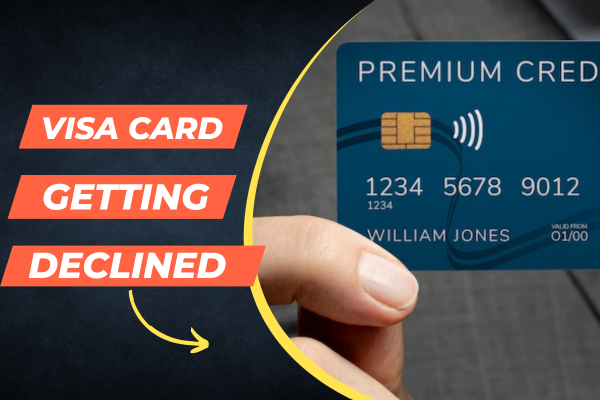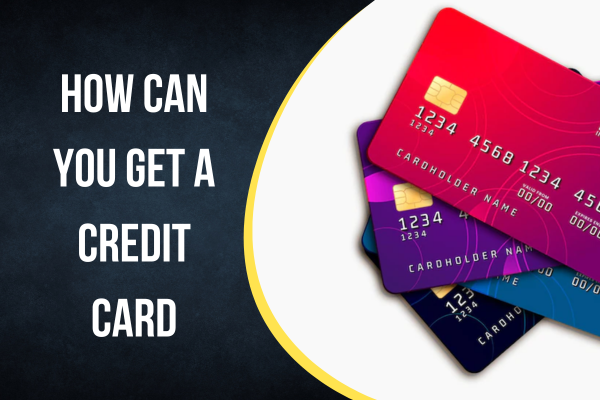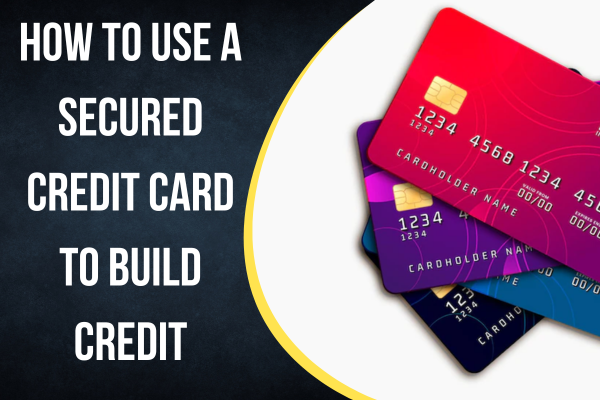Credit and debit cards have become an essential part of our daily lives, offering convenience and security for financial transactions. However, it can be frustrating when your Visa Card Keep Getting Declined, especially when you are in urgent need of making a purchase. There are various reasons why a Visa card may be declined, ranging from simple errors to more complex issues. In this article, we will explore some common factors that contribute to frequent card declines and provide potential solutions to address them.
Why Does My Visa Card Keep Getting Declined
- Insufficient Funds: One of the primary reasons for card declines is insufficient funds in your bank account. When you attempt to make a purchase that exceeds the available balance, your Visa card will be declined. It is crucial to keep track of your account balance and ensure you have enough funds to cover your expenses.
Solution: Regularly monitor your bank account balance and consider setting up alerts or notifications to stay informed about your financial status. Prioritize budgeting and managing your expenses to avoid exceeding your account balance.
- Incorrect Card Information: Simple errors while entering card details can lead to a declined transaction. Mistakes like typing the wrong card number, expiration date, or CVV code may result in a declined payment.
Solution: Before making a purchase, double-check the accuracy of the card information you provide. Take your time to ensure you have entered the correct card number, expiration date, and CVV code. Pay attention to any error messages or prompts during the transaction process.
- Expired Card: If your Visa card has expired, it will likely be declined. Expiration dates are put in place to ensure the security and validity of transactions. Card issuers periodically send out new cards to replace expired ones, so it is essential to keep track of your card’s expiration date and request a replacement card in advance.
Solution: Regularly check the expiration date of your Visa card and contact your card issuer to request a new one before it expires. Most card issuers automatically send replacement cards before the current one expires.
- Fraud Protection Measures: Card issuers employ sophisticated fraud detection systems to protect cardholders from unauthorized transactions. If the system detects any suspicious activity, it may decline the transaction to prevent potential fraudulent use of your card.
Solution: Contact your card issuer’s customer service to verify if there are any security concerns or blocks on your card. Inform them about your intended purchase or travel plans beforehand to prevent false declines in the future.
- Merchant Restrictions or Technical Issues: Sometimes, the problem lies not with your card but with the merchant. Certain merchants may have restrictions on the types of cards they accept, or their payment systems may experience temporary technical difficulties, leading to declined transactions.
Solution: Verify with the merchant if they accept Visa cards, especially if you are experiencing consistent declines at a specific establishment. If technical issues are suspected, consider using an alternative payment method or trying the transaction again later.
Read:-
- Top Credit Card Strategies for Beginners to Build Strong Financial Foundations
- Benefits and Drawbacks of Credit Card EMI
- Can I Avail of EMI If I Have a Low Credit Score?
There are a number of reasons why your Visa card might be declined. Here are some of the most common reasons:
- Your card is expired. Visa cards have an expiration date printed on them. If your card has expired, it will no longer be accepted for payment.
- You’ve reached your credit limit. Each Visa card has a credit limit, which is the maximum amount of money you can borrow on the card. If you try to make a purchase that exceeds your credit limit, your card will be declined.
- Your card has been flagged for fraud. If Visa suspects that your card has been used for fraudulent activity, they may decline your card as a security measure.
- There is a problem with your card’s magnetic strip or chip. If your card’s magnetic strip or chip is damaged, it may not be able to be read by the merchant’s card reader. This can cause your card to be declined.
- You have entered your card information incorrectly. If you make a mistake when entering your card information, such as your name, address, or expiration date, your card may be declined.
If your Visa card is declined, the first thing you should do is check the expiration date on your card. If your card has expired, you will need to get a new one from your bank or credit union.
If your card has not expired and you are sure that you have entered your card information correctly, you should contact your bank or credit union to find out why your card was declined. They may be able to tell you if your card has been flagged for fraud or if there is a problem with your account.
In some cases, you may be able to resolve the issue over the phone with your bank or credit union. However, if the issue cannot be resolved over the phone, you may need to visit a branch in person.
If you are traveling and your Visa card is declined, you should contact your bank or credit union immediately. They may be able to temporarily increase your credit limit or issue you a temporary credit card so that you can continue to use your card while you are traveling.
Here are some tips to help you avoid having your Visa card declined:
- Check your card’s expiration date regularly.
- Make sure you are entering your card information correctly.
- Be aware of any unusual activity on your account.
- Report any lost or stolen cards immediately.
By following these tips, you can help to ensure that your Visa card is always accepted for payment.
Learn:-
Conclusion: While it can be frustrating to experience repeated Visa card declines, it is essential to remain calm and identify the underlying reasons. Insufficient funds, incorrect card information, expired cards, fraud protection measures, and merchant restrictions or technical issues are all potential factors contributing to declined transactions. By being proactive in managing your finances, ensuring accurate card details, and staying aware of potential issues, you can minimize the likelihood of your Visa card being declined. Remember to contact your card issuer’s customer service for specific guidance and assistance in resolving any persisting issues.





Leave a Reply